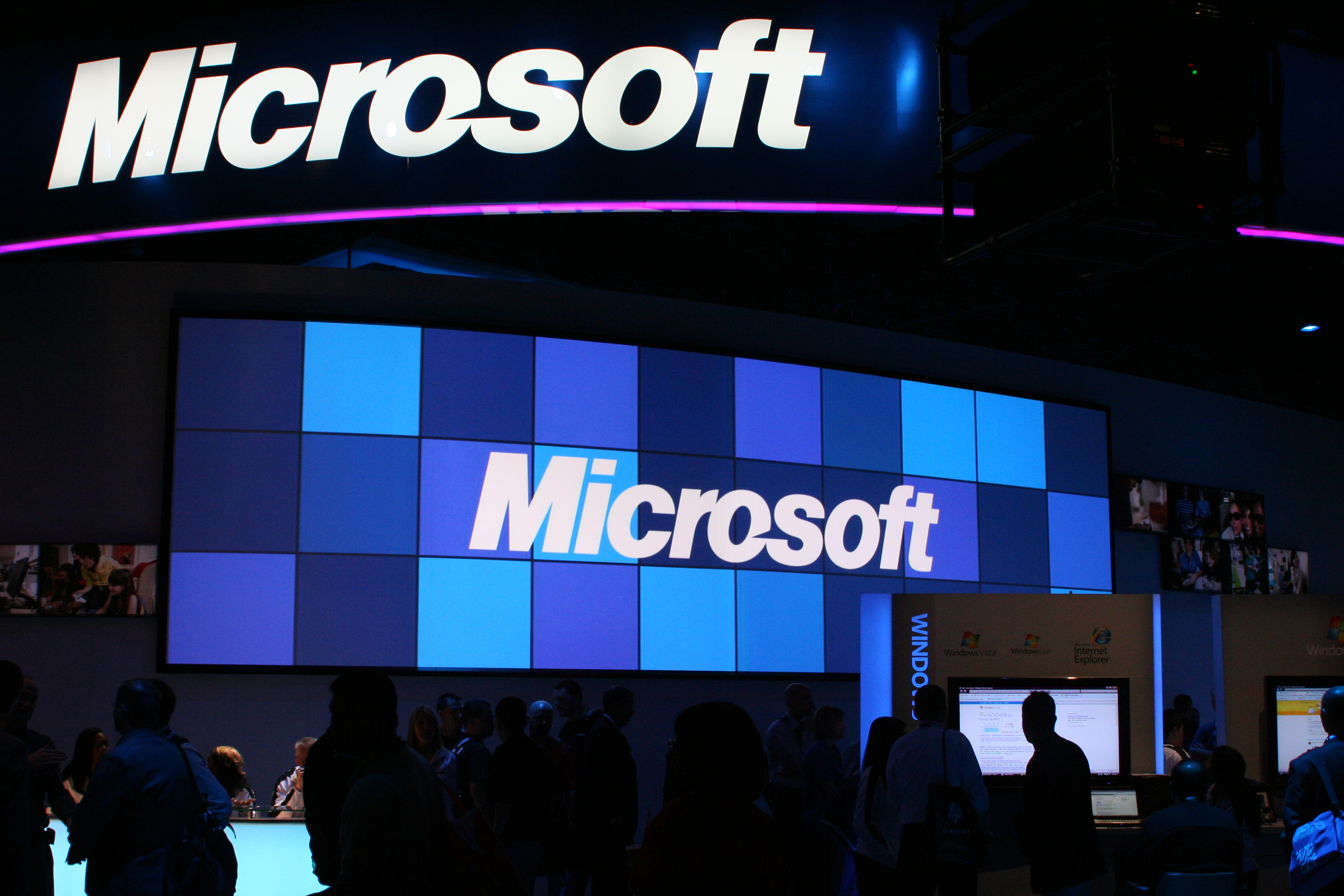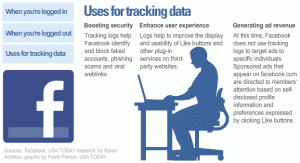Microsoft evade el pago de $4,5 mil millones en Impuestos
September 24, 2012
POR LUIS MIRANDA | THE REAL AGENDA | SEPTIEMBRE 24, 2012

En los Estados Unidos, la falta de pago de los impuestos es visto por las autoridades como uno de los mayores delitos cometidos contra el gobierno. Los individuos que evaden impuestos son etiquetados como delincuentes, incluso antes de ser juzgados en un tribunal de justicia. Los que hablan en contra del pago de impuestos sin la adecuada representación son igualados a locos o teóricos de la conspiración.
Pero cuando se trata de impuestos que las corporaciones deben pagar, las cartas sobre la mesa siempre favorecen a quienes no pagan. Empresas como Facebook, Google, Apple y Microsoft son algunas de las más conocidas corporaciones que evaden el pago de impuestos. Estas empresas tienen éxito en la evasión del pago de impuestos gracias a las lagunas que quedan abiertas en la legislación fiscal que les permite — con un mar de trucos legales — mover sus ganancias al extranjero con el fin de evitar el pago. Esta es la conclusión de un nuevo informe de un subcomité del Senado de EE.UU..
Uno de los últimos casos es el de Microsoft, la empresa fundada por el magnate Bill Gates. El gigante de la tecnología evitó el pago de $ 4,5 mil millones en impuestos entre 2009 y 2011. Microsoft se las arregló para enviar unos $ 21 mil millones en ganancias al extranjero, lo que permitió a la empresa evadir el pago de impuestos que de otra manera habrían sido recogidos por el Servicio de Rentas Internas estadounidense. Los miles de millones de dólares no pagados por Microsoft corresponde a los impuestos sobre las ventas que la empresa tuvo durante dos años completos según el informe del subcomité del Senado.
Métodos similares para evitar el pago de impuestos sobre las ventas han sido utilizados por otras grandes corporaciones, según informa el Huffington Post. Apple, por ejemplo, recaudó alrededor de $ 45 mil millones en 2011, pero sólo pagó $ 3 mil millones en impuestos. Eso se debe a que la empresa crea filiales en ciudades conocidas como “paraísos fiscales”, donde los impuestos corporativos son 0%. Apple también se las arregla para completar la venta de productos digitales desde otros países, así que cuando la empresa vende una canción o un software, el pago se realiza a la filial en Luxemburgo, por ejemplo, y no en los EE.UU..
Otras compañías como Google y Hewlett-Packard también tuvieron éxito en evitar los impuestos corporativos en los últimos años. Mientras que Apple evitó impuestos sobre $ 34,5 mil millones entre 2009 y 2011, Google esquivó los impuestos en $ 24 mil millones. Hewlett-Packard, utiliza lo que el informe del Congreso califica de préstamos giratorios a corto plazo con sus filiales para evitar el pago de miles de millones de dólares en impuestos desde 2008. El congresista Carl Levin dijo que HP mantiene miles de millones de dólares en efectivo fuera de los Estados Unidos — $ 17 mil millones en 2010 — que la compañía lo prestó a su sede en EE.UU. para evitar pagar impuestos sobre ese dinero.
Como se muestra arriba, el caso de Microsoft no es única en el no pago de impuestos. Eso es lo que los que quienes prepararon el informe creen y eso es lo que sus conclusiones parecen sugerir. También examinan cómo las multinacionales trasladaron sus operaciones a países donde los impuestos son más favorables. Por cierto, lo hacen legalmente, lo que demuestra la debilidad del código de impuestos en los Estados Unidos cuando se trata de exigir a las empresas responsables su parte de la carga tributaria.
Lo contrario es cierto para los individuos, que no disfrutan de las lagunas fiscales que las empresas como Microsoft tienen para enviar dinero fuera de los EE.UU.. De hecho, el gobierno de EE.UU. anunció cambios en el código tributario para evitar que las personas muevan sus ahorros o ganancias al extranjero. Pero nada ha sido hecho para el lado corporativo.
La falta de pago del impuestos por parte de las corporaciones recorre cada año el Congreso de los EE.UU., pero ha sido aún más relevante este año debido a la necesidad estadounidense de encontrar dinero para financiar su gasto fuera de control. En el caso de las empresas de tecnología, se han utilizado los derechos de propiedad intelectual, derechos de autor y licencias como forma de evitar la responsabilidad.
Microsoft ha dicho que la empresa no hace nada irregular y puso de relieve la compleja estructura del sistema tributario estadounidense. La compañía también dice que ha sido muy complaciente con la investigación del Congreso. El senador Carl Levin, sin embargo, cree que las prácticas utilizadas por Microsoft son por lo menos “cuestionables”.
Según el diario El País, la cantidad de dinero movida por Microsoft corresponde aproximadamente a la mitad de sus ventas en los EE.UU.. Ese dinero, dice el diario español, generalmente se envía a otros países, como Irlanda. En las investigaciones del Congreso de los Estados Unidos y las iniciativas que buscan reducir la falta de pago de impuestos por parte de corporaciones por lo general terminan en nada. Aunque tanto los republicanos como los demócratas están de acuerdo en que algo hay que hacer, “no pueden ponerse de acuerdo sobre la forma” en que esto debe ser hecho en el Congreso para evitar que empresas como HP y Cisco Systems logren escapar sin pagar impuestos en los EE.UU..
“En un momento en que decisiones presupuestarias difíciles se están realizando, mientras que las familias enfrentan aumentos de impuestos y recortes de gastos en importantes programas públicos de educación y salud, estas situación es inaceptable”, dijo Levin.
The Real Agenda permite la reproducción del contenido original publicado en el sitio SOLAMENTE a través de las herramientas proporcionadas al final de cada artículo. Por favor NO COPIE contenido de nuestro sitio para redistribuirlo o enviarlo por correo electrónico a menos que usted pida y reciba permiso por escrito. Si el permiso es dado, el artículo debe ser reproducido EXACTAMENTE como aparece en nuestro sitio.



